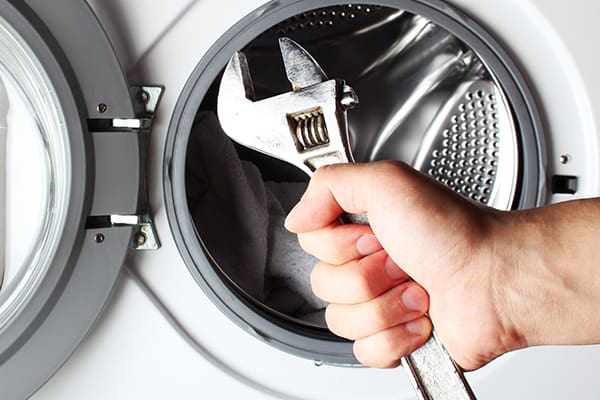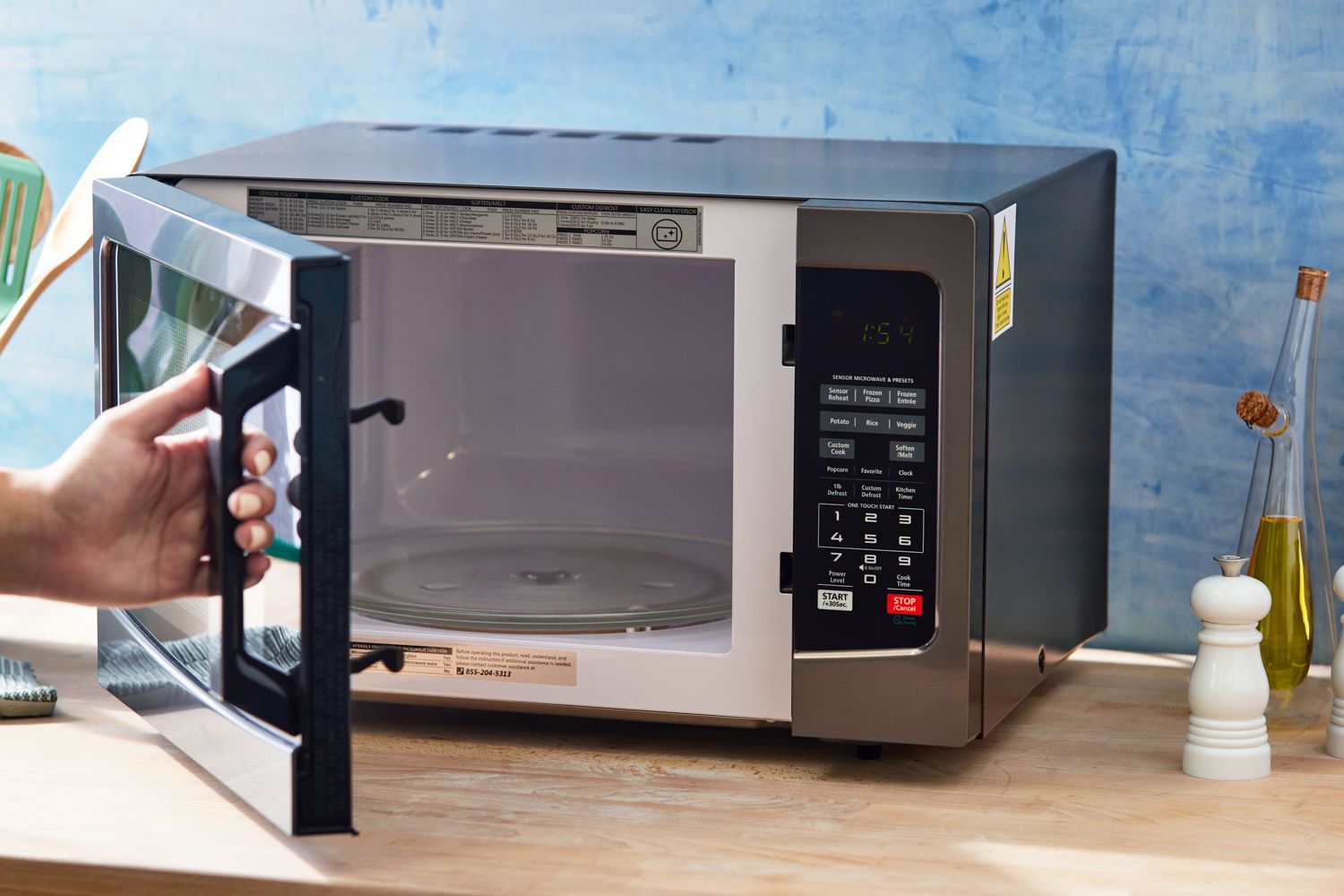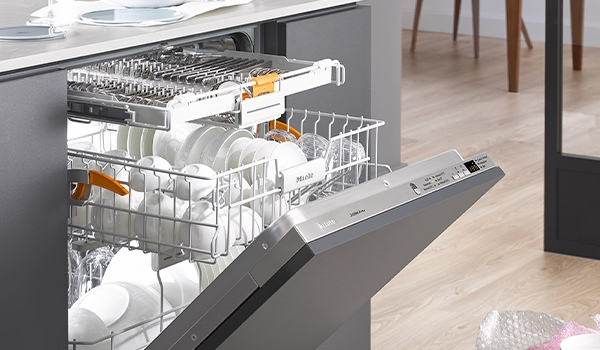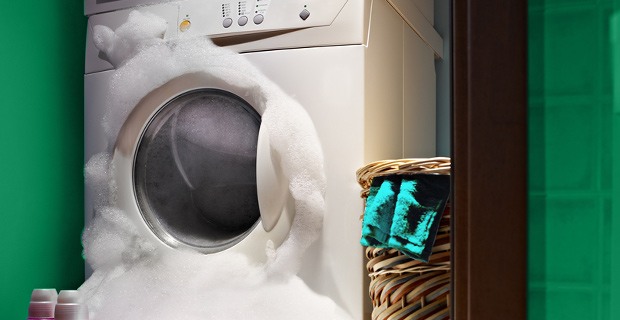Why Does My Washing Machine Make a Little Stone Noise?
If your washing machine starts making a noise like small stones rattling, it’s a sign something might be wrong. From foreign objects to worn-out components, various issues could cause this sound. Understanding the reasons and taking timely action can prevent further damage and keep your machine running smoothly.
Why Does My Washing Machine Make a Little Stone Noise?
If your washing machine makes a noise like small stones rattling, it’s often a sign of a mechanical issue or foreign objects inside. Common reasons include coins or debris stuck in the drum, worn-out drum bearings, a loose drive belt, or a clogged drain pump. Sometimes, an imbalanced load or damaged shock absorbers can also cause this noise. While some issues, like removing foreign objects, are easy to fix, others may require professional assistance. Addressing the problem promptly can prevent further damage and ensure your washing machine runs smoothly. In the sections below, we’ll explore these causes in detail.
Common Causes of a Stone-Like Noise in Washing Machines
Hearing a stone-like rattling noise from your washing machine can be unsettling, but it often points to specific, identifiable issues. Understanding these causes is the first step toward resolving the problem effectively. Let’s dive into the most common reasons for such noises and what you can do about them.
- Foreign Objects in the Drum
- Damaged Drum Bearings
- Clogged or Damaged Drain Pump
- Loose or Broken Drive Belt
- Imbalanced Load
Foreign Objects in the Drum
One of the most frequent culprits behind rattling noises is small objects left in clothing pockets. Items like coins, keys, buttons, or even small rocks can fall into the drum during the wash cycle. As the machine operates, these objects bounce around, creating a sound that resembles stones hitting the drum.
How to Fix? Begin by inspecting the drum thoroughly. Rotate it manually to check for any loose objects stuck inside. Don’t forget to check the filter or the seal around the door, as objects often lodge there. To avoid this problem in the future, always empty your pockets before loading laundry.
Damaged Drum Bearings
Drum bearings are essential for smooth drum rotation. Over time, these bearings can wear out or corrode, especially if the machine has been exposed to moisture for an extended period. Damaged bearings can produce a grinding or rattling noise, which may initially sound like small stones.
How to Fix? Replacing drum bearings is a complex task and usually requires professional assistance. If you notice other symptoms like a wobbling drum or water leakage, it’s a strong indication that the bearings need immediate attention.
Clogged or Damaged Drain Pump
Small debris, such as buttons or fabric pieces, can get stuck in the drain pump. When the machine operates, this blockage can lead to rattling or knocking noises. In some cases, the pump itself may be damaged or misaligned, worsening the issue.
How to Fix? Access the drain pump by following your machine's manual. Remove any visible blockages and inspect the pump for wear or cracks. If cleaning doesn’t resolve the problem, consider replacing the pump.
Loose or Broken Drive Belt
The drive belt connects the motor to the drum and enables rotation. Over time, the belt may become loose or even snap, leading to uneven drum movement. This irregular motion can cause a stone-like sound during operation.
How to Fix? Inspect the belt for signs of wear or damage. If it’s loose, try tightening it. If the belt is broken, replace it with a new one.
Imbalanced Load
An imbalanced load occurs when heavier items, such as towels or blankets, are not evenly distributed in the drum. This imbalance can cause the drum to move irregularly, leading to a knocking or rattling noise.
How to Fix? Pause the cycle and redistribute the laundry evenly. Avoid overloading the machine, as this not only causes noise but can also strain the motor and drum over time.
Worn-Out Shock Absorbers
Shock absorbers are designed to minimize vibrations during the spin cycle. When these wear out, the drum becomes unstable, producing loud, irregular noises that may sound like stones rattling.
How to Fix? Check the shock absorbers for signs of wear or damage. Replacing them can help restore stability and eliminate the noise.
By understanding these common causes, you can take the necessary steps to identify and resolve the source of the stone-like noise. Timely action not only prevents further damage but also ensures your washing machine continues to operate efficiently.
How to Diagnose the Problem?
Identifying the source of a stone-like noise in your washing machine is crucial for resolving the issue effectively. Follow these steps to diagnose the problem accurately and take the appropriate action:
- Inspect for Foreign Objects
- Listen to the Noise
- Manually Spin the Drum
- Check the Drive Belt
- Examine the Shock Absorbers
- Inspect the Drain Pump
Inspect for Foreign Objects. Start by checking the drum and filter for any loose items. Coins, buttons, or small debris are common culprits for rattling noises. Rotate the drum manually to see if you can hear or feel anything unusual. Don’t forget to examine the door seal, as small objects often get trapped there.
Listen to the Noise. Run the washing machine without any laundry and observe the noise. Pay attention to when it occurs—during spinning, draining, or washing. A noise during spinning might indicate bearing or belt issues, while a sound during draining could point to a clogged pump.
Manually Spin the Drum. Turn the drum by hand to detect resistance, grinding, or rattling sounds. If the drum feels loose or wobbly, the problem might be with the drum bearings or shock absorbers.
Check the Drive Belt. Access the back of the washing machine and inspect the drive belt. Look for signs of wear, looseness, or damage. A slipping or broken belt can cause irregular drum movement, resulting in unusual noises.
Examine the Shock Absorbers. Inspect the shock absorbers for signs of wear or damage. If they are loose or broken, the drum may move excessively, creating a rattling sound.
Inspect the Drain Pump. Remove the drain pump cover and check for clogs or trapped objects. Turn the pump manually to ensure it rotates smoothly without resistance.
By following these steps, you can pinpoint the source of the noise and decide whether you can resolve the issue yourself or need professional assistance. Early diagnosis is key to preventing further damage.
Preventative Measures to Avoid Stone-Like Noises
Preventing stone-like noises in your washing machine involves regular maintenance and mindful usage. By following these simple steps, you can minimize the risk of disruptive sounds and keep your machine running smoothly.
Check Pockets Before Washing. Always empty the pockets of clothing before loading them into the machine. Coins, buttons, or small objects can fall into the drum or filter, causing rattling noises and potential damage.
Clean the Machine Regularly. Routine cleaning of the drum, filter, and drain pump helps remove debris and prevent clogs. A clean machine not only operates efficiently but also avoids unnecessary wear on components.
Distribute Loads Evenly. Avoid overloading or washing uneven loads, such as bulky blankets or towels together. Distribute items evenly in the drum to maintain balance during the spin cycle and prevent excessive vibrations.
Inspect Components Periodically. Check parts like the drive belt, shock absorbers, and bearings for signs of wear. Replacing worn components promptly can prevent noise and extend the machine's lifespan.
Schedule Professional Maintenance. Consider having your washing machine professionally serviced annually. Technicians can identify and fix potential problems before they become major issues.
By adopting these preventative measures, you can reduce the likelihood of stone-like noises and ensure your washing machine operates quietly and efficiently.
When to Call a Professional?
While minor issues like removing foreign objects or redistributing an imbalanced load can often be resolved at home, some washing machine problems require the expertise of a professional. Knowing when to call for help is essential to prevent further damage and costly repairs.
Persistent Noise Despite Troubleshooting. If you’ve checked for foreign objects, balanced the load, and inspected the machine, but the stone-like noise persists, it may indicate a more serious internal issue, such as damaged bearings or a failing motor.
Complex Repairs. Repairs like replacing drum bearings, drive belts, or a drain pump often require specialized tools and knowledge. Attempting these fixes without expertise can lead to further complications or void your warranty.
Signs of Structural Damage. If you notice excessive shaking, a misaligned drum, or visible damage to the machine’s body, it’s time to call a professional. These issues may worsen over time if not addressed promptly.
Electrical or Water Issues. Strange noises accompanied by water leakage, electrical malfunctions, or inconsistent operation signal the need for immediate professional assistance.
Don’t let a small noise turn into a major problem. Contact Mega Appliance Fix today for expert diagnosis and repair. Their experienced technicians are ready to restore your washing machine to peak performance. Reach out now to ensure peace of mind and a smoothly running appliance!







